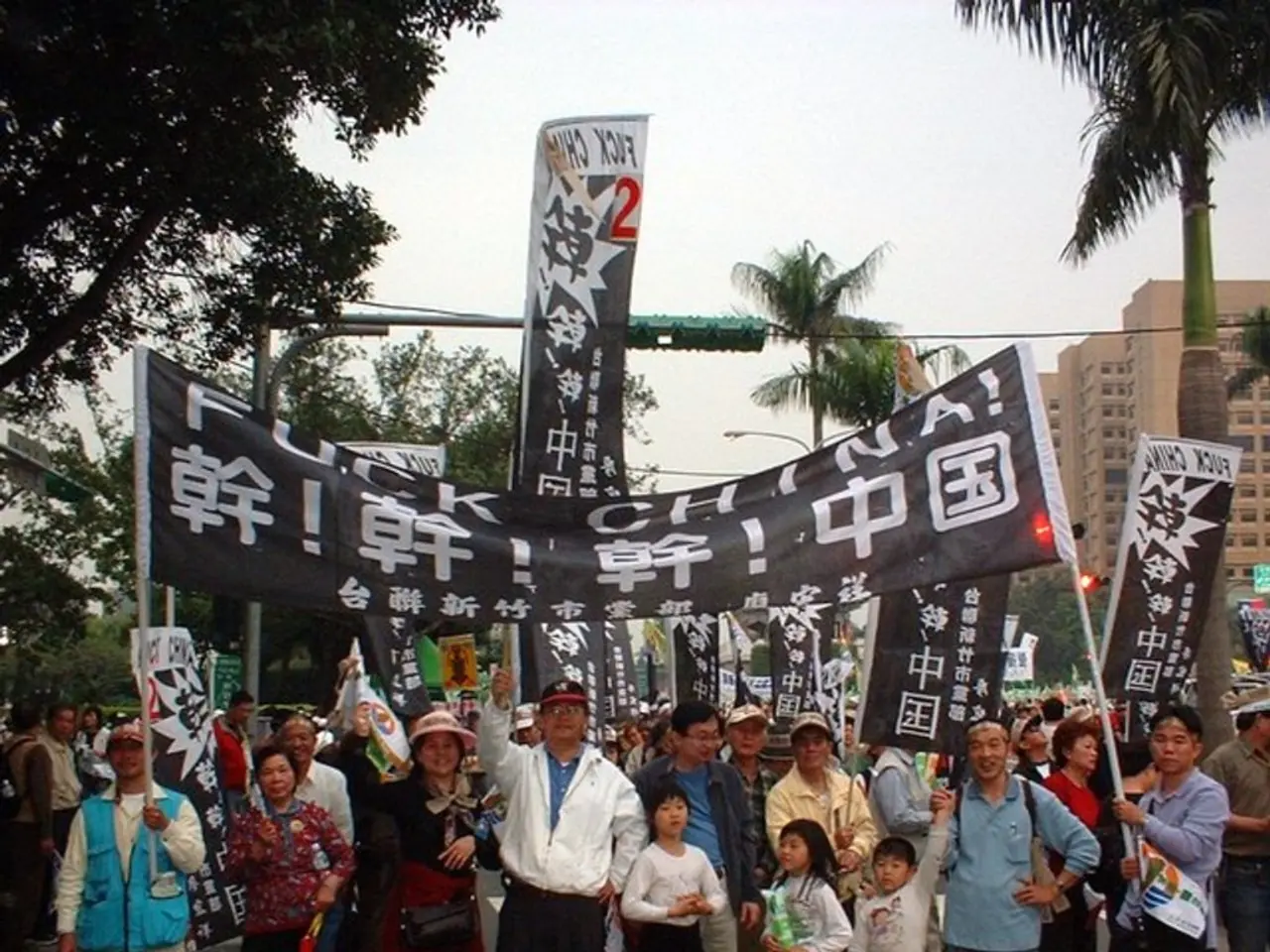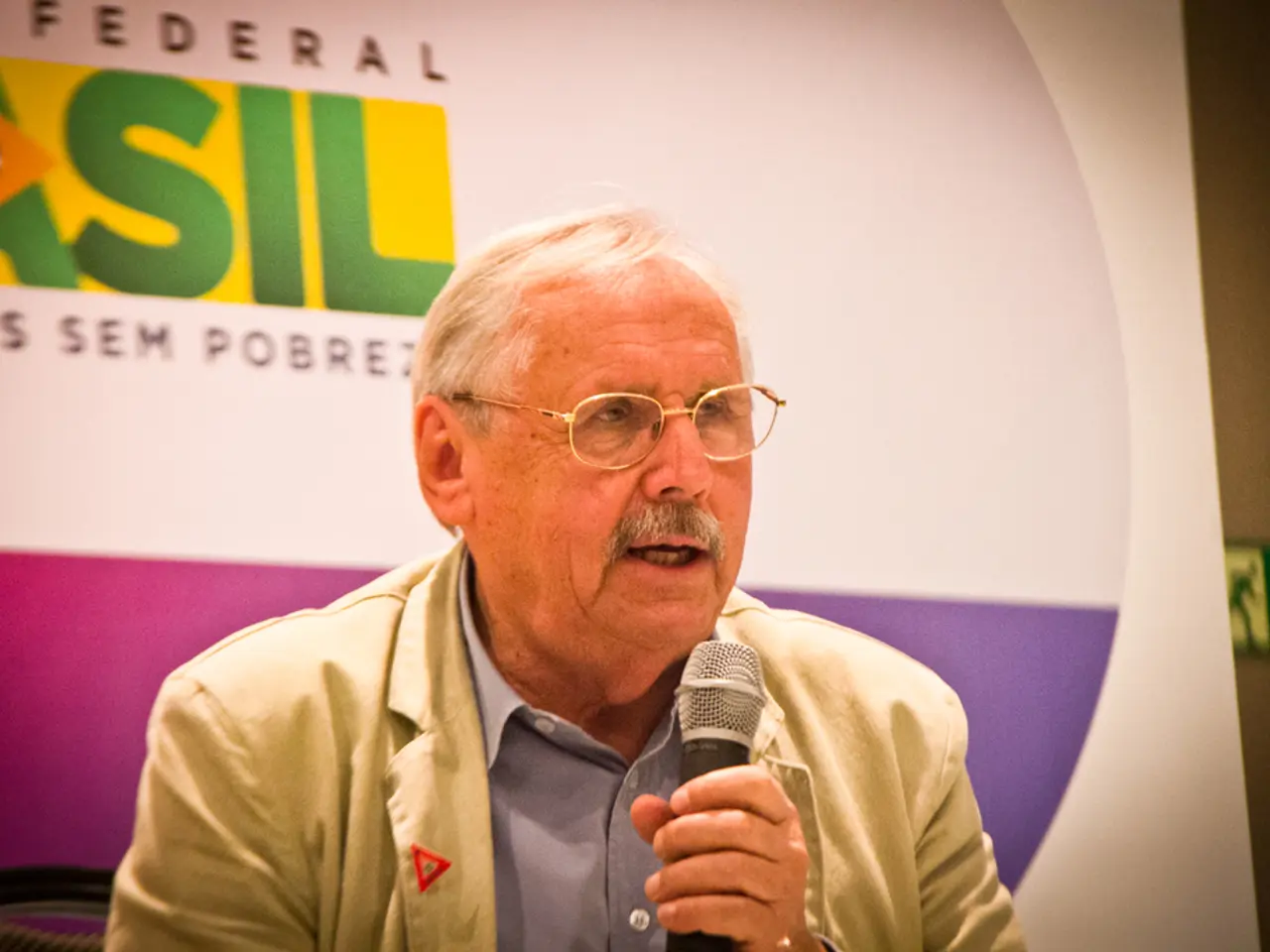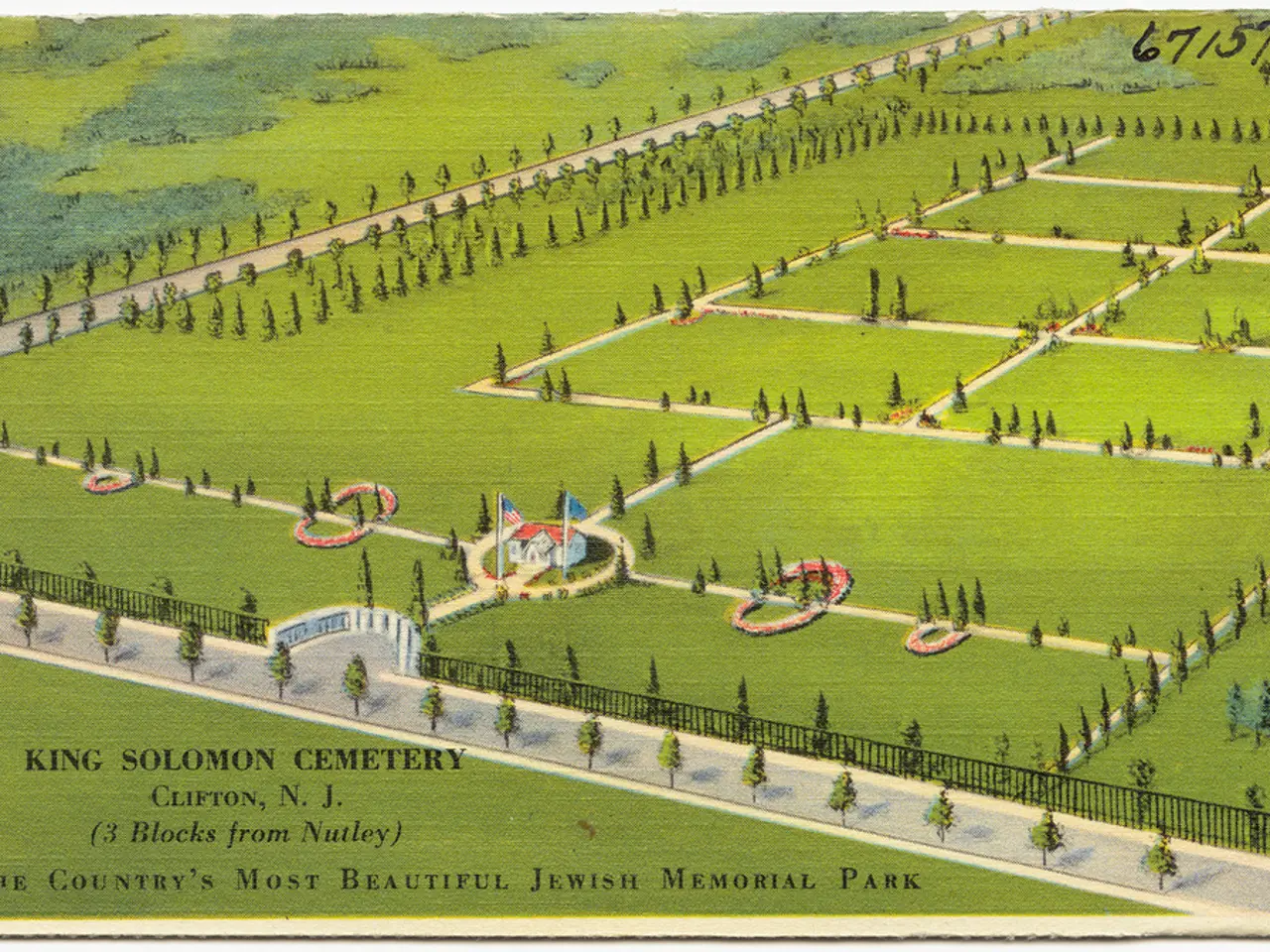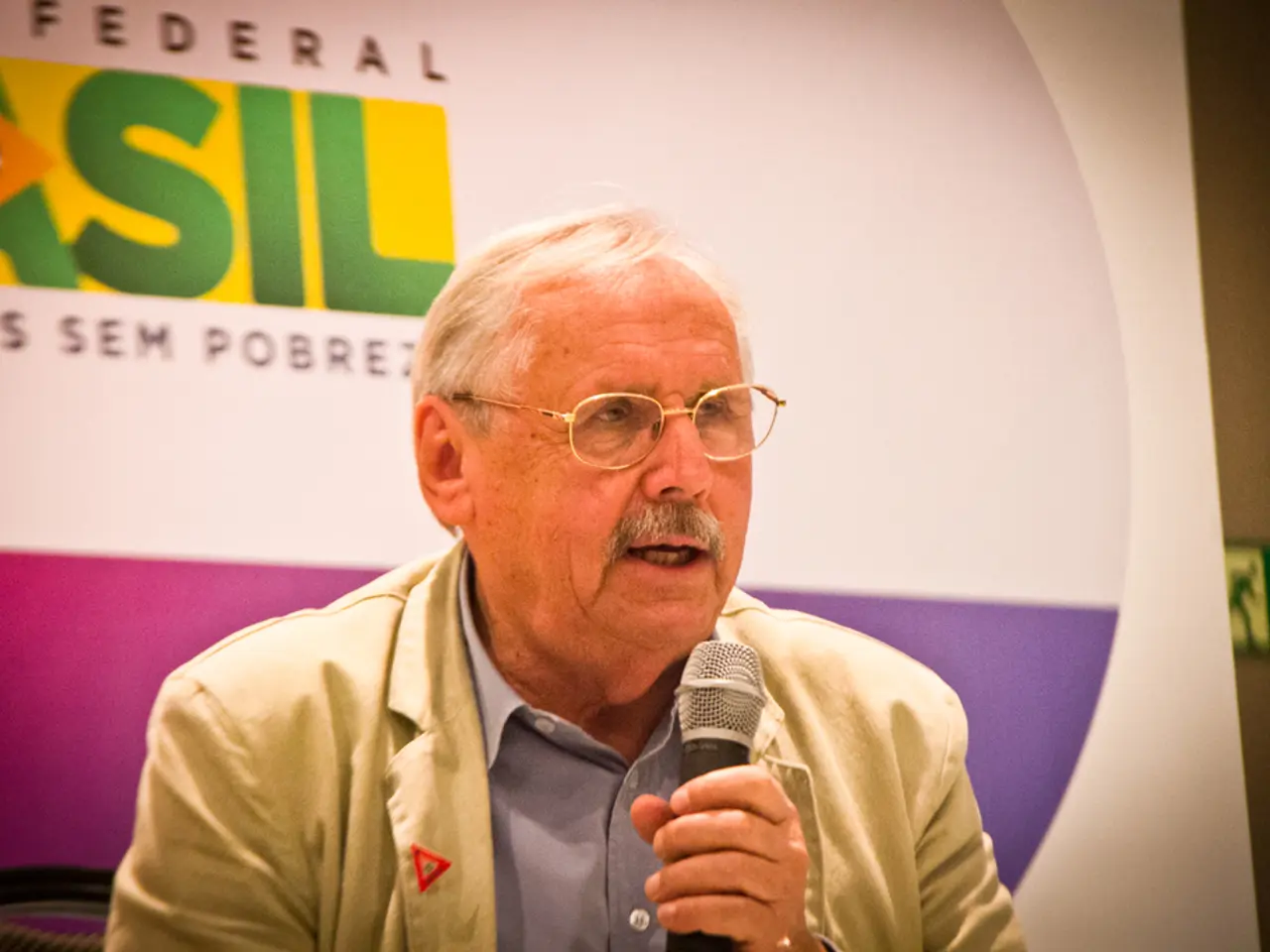Hezbollah resists decision to disarm Mahdist forces
In a contentious turn of events, Hezbollah, the powerful political and military group in Lebanon, has voiced strong opposition to the government's decision to disarm all non-state armed groups, including Hezbollah, by the end of 2025. This plan, which aims to restore the state's sovereignty and end the country's "armed logic," is a point of contention that has divided the nation.
Hezbollah, the only faction that retained weapons after Lebanon's civil war from 1975 to 1990, views the disarmament plan as illegitimate and a violation of Lebanon’s political coexistence pact. The group argues that disarming would leave Lebanon vulnerable to Israeli attacks without any deterrence, potentially weakening its defense against Israeli aggression.
The Lebanese government, led by President Joseph Aoun and Prime Minister Nawaf Salam, is under pressure from the U.S. to disarm Hezbollah. They argue that regaining control over all arms is essential for restoring the state's sovereignty and ending the country's reliance on militias. The decision, however, lacks a clear electoral mandate and was made without the involvement of major political factions representing Shia interests, including Hezbollah itself.
The impact on Lebanon's sovereignty and security is deeply disputed. Supporters of the government and international actors see disarmament as restoring the state's sovereignty, strengthening national security under a unified military authority, facilitating reconstruction, and reducing the risk of militia-led conflict. On the other hand, Hezbollah and its allies perceive it as undermining Lebanon’s ability to resist Israeli threats, risking national security by disarming the primary militia that has defended Lebanon from Israeli incursions.
Recent events have underscored the tension. An Israeli strike on the town of Tulin on Wednesday killed one person and wounded another, according to the Lebanese Ministry of Health. The Israeli military claimed to have struck weapons storage facilities, a missile launcher, and Hezbollah terrorist infrastructure in a recent attack.
As the government proceeds with its disarmament timetable, the risk of violent escalation within Lebanon appears limited for now, but tensions remain high. The disagreement highlights Lebanon's fragile political landscape, the influence of regional actors like Iran and the U.S., and competing visions of state sovereignty and security.
Politics and war-and-conflicts have intertwined heavily in Lebanon's ongoing controversy over disarmament, with Hezbollah strongly opposed to the government's plan to disarm all non-state armed groups by 2025, arguing that it would leave Lebanon vulnerable and potentially weaken its defense against Israeli aggression. This general news story is causing international concern, with supporters of the government and international actors seeing the disarmament as a step towards restoring Lebanon's sovereignty, while Hezbollah and its allies believe it undermines the nation's ability to resist Israeli threats.






